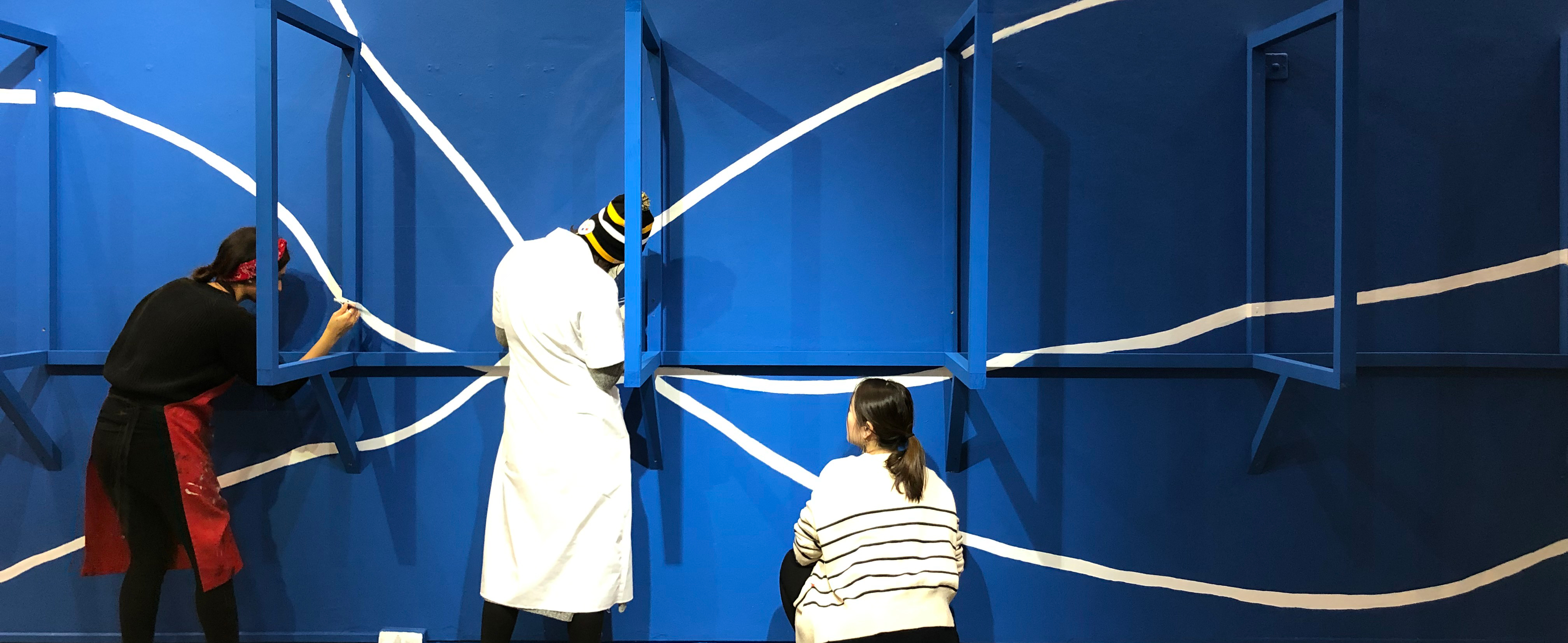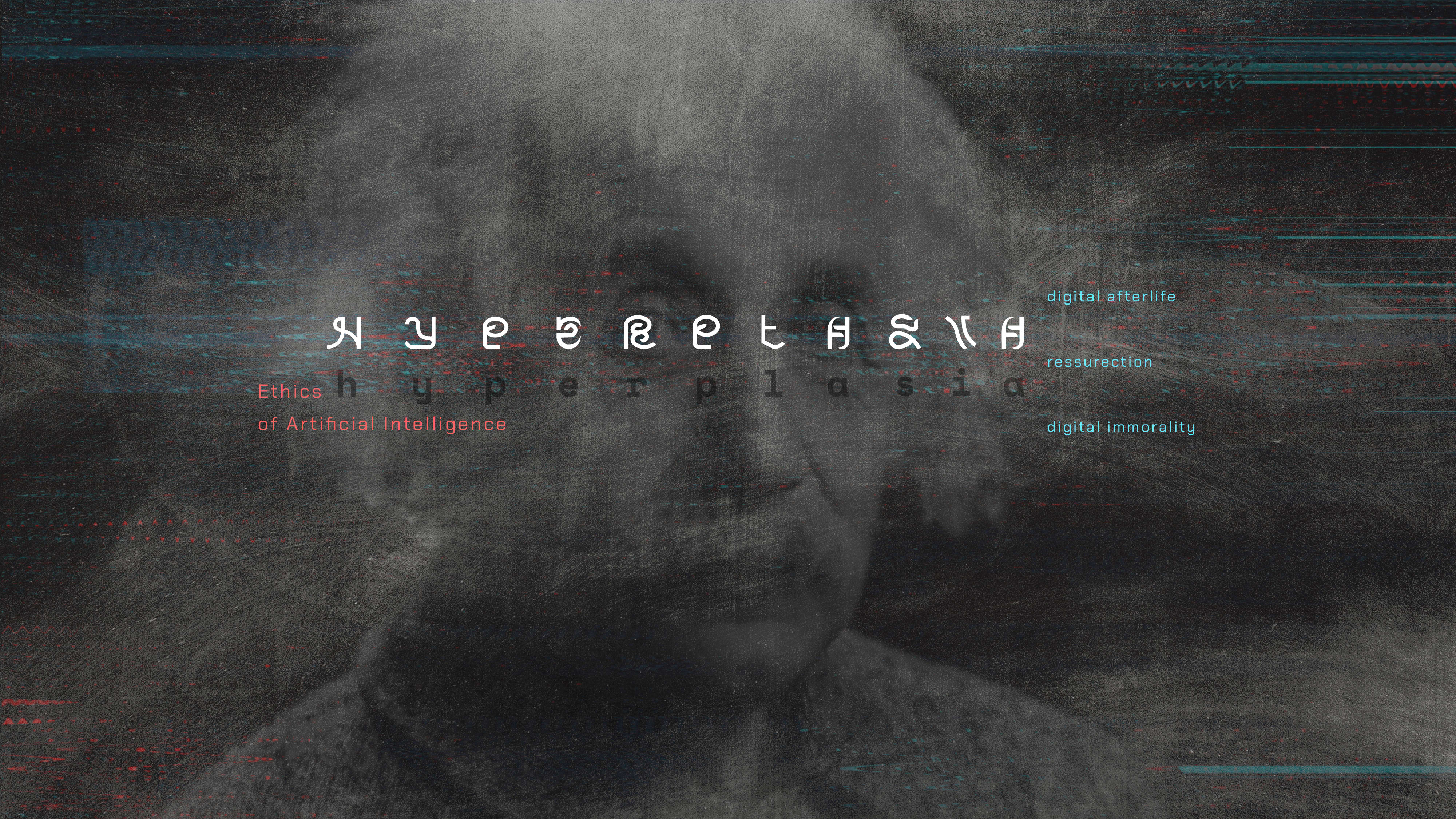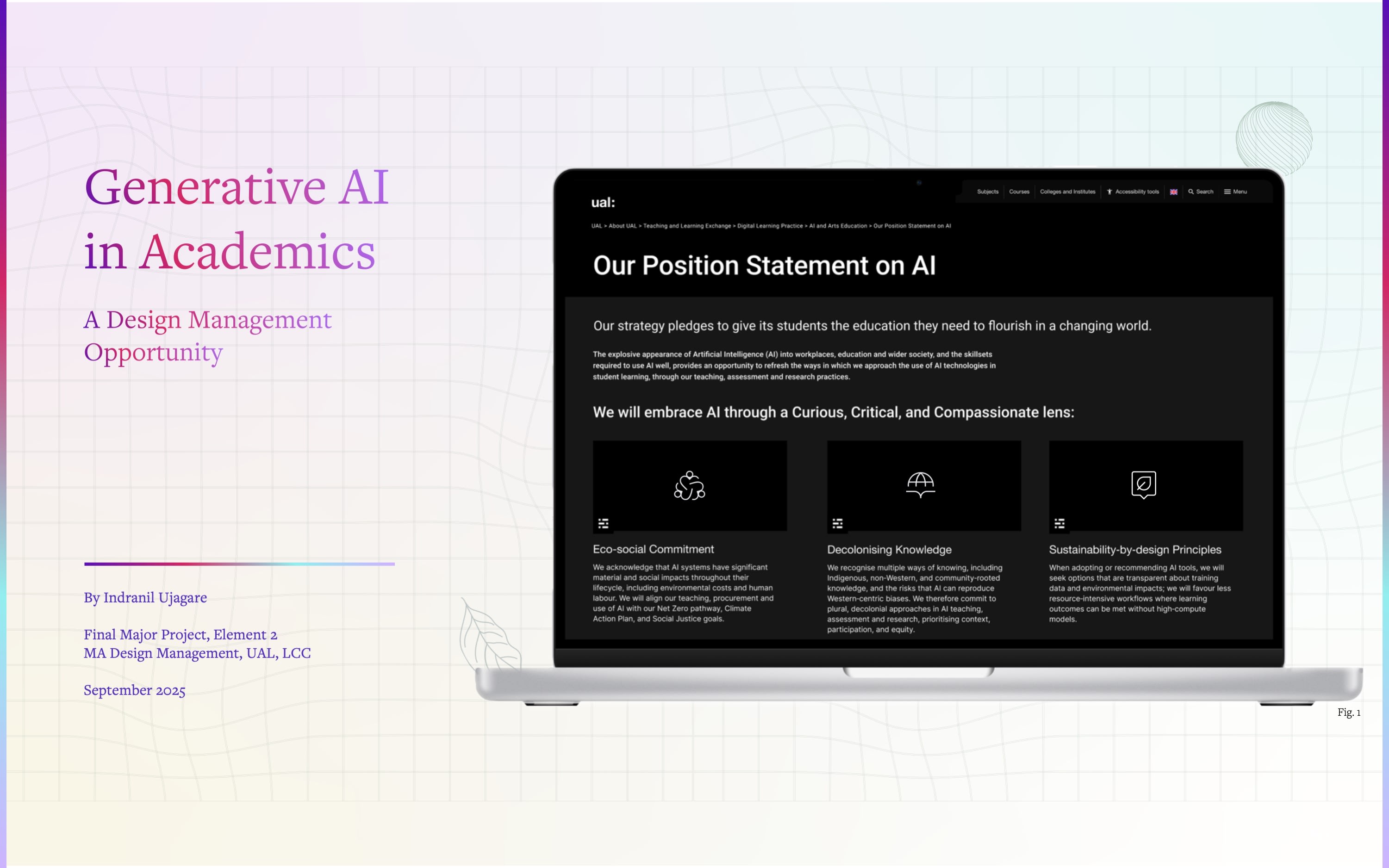Course units
We are committed to ensuring that your skills are set within an ethical framework, and we have worked to embed UAL’s Principles for Climate, Racial and Social Justice Principles into the curriculum and in everything we do.
As part of this initiative, we’ve shaped our courses around social and environmental sustainability principles that ensure learning outcomes reflect the urgent need to equip you with the understanding, skills, and values to foster a more sustainable planet. Our aim is to change the way our students think, and to empower you to work towards a sustainable future.
The MA Design Management comprises for units totalling 180 credits. These units are delivered over three 15-week blocks.
Block 1
Design Research, Society and Culture (60 credits)
In this Unit you will develop your contextual understanding of design, its strategic role in business, and its wider impact on society and culture. You will critically engage with design thinking and develop effective research skills as you learn how to define business and design research problems for different scenarios and audiences.
Block 2
Leading Design Futures (40 credits)
In this Unit you will develop, apply and experiment with ideas, techniques and concepts introduced in Unit 1. You will explore and develop design leadership skills and techniques for speculative design, interdisciplinary research and forecasting methods while developing your understanding of leadership and management roles, collaboration and the various ways in which design engages and interacts with stakeholders across various sectors and cultural contexts.
Collaborative Unit (20 credits)
The Collaborative Unit, is common to all courses at Master's-level. This is a group-based, largely student-led unit focusing on collaborative modes of working and may involve working on a live brief along with external and or internal collaborators from the creative industries, cultural sector, public sector or commercial sector.
Block 3
Master’s Project (60 credits)
In this Unit you will utilise learning from previous units and your own research in a particular area, bringing these together in self-directed enquiry that you will present and reflect upon.
Your project should consider how design management can bring about transformation within a global context applied locally. You will investigate design problems, key drivers of social, political and cultural meaning, and speculate on design resolutions with positive equitable impact. You will then write up an extended abstract summarising your project and a critically reflective report analysing and synthesising your project and MA experience.













